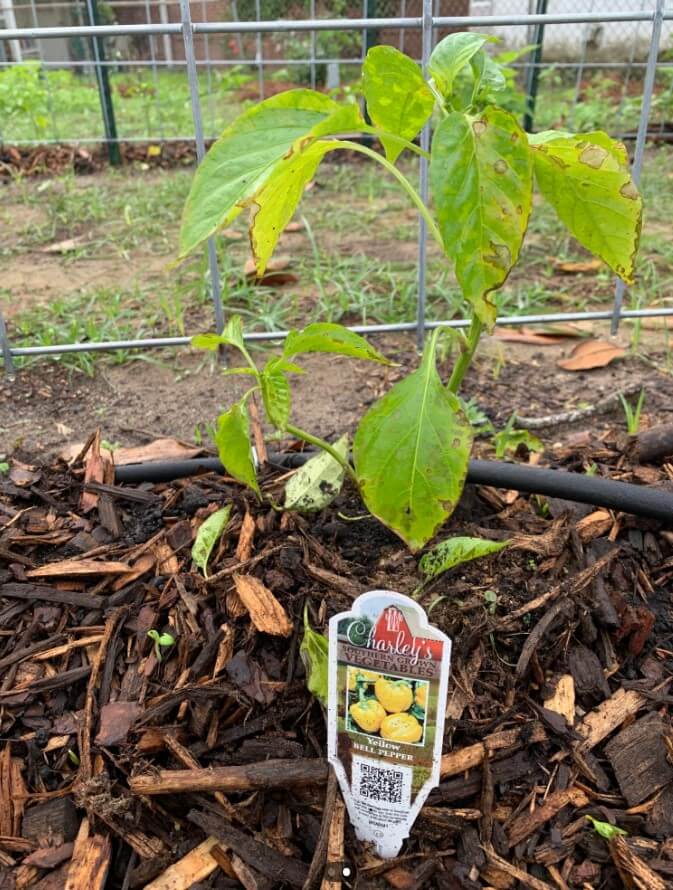The ability to have a green thumb is a favorable skill. Some cultivate this over time, whereas others just feel in their element when around the fruits of nature. However, sometimes guidance is the best remedy. On Reddit, one garden enthusiast is perplexed at the sight of their struggling pepper plants, asking others for their two cents on how to solve the garden issue.
"I'm a novice. Before planting, I mixed in-ground soil and Black Kow Manure to the original soil. I planted 4/1. I water daily with the soaker. It gets lots of sun. Today I added earthworm castings. Please help me help my peppers," wrote the original poster in their post's caption.


Pepper plants can be a rewarding addition to your garden, and there are plenty of hacks and tips to help you maximize their growth and yield.
For instance, one gardener shared game-changing advice about overwintering pepper plants, which can save you time and money. By pruning the main stem of your potted pepper plant and leaving it outside during colder months or bringing it indoors in harsher climates, you can ensure that your pepper plants survive the winter and produce new fruit come spring. This method helps you avoid starting from scratch each year while conserving vital resources such as water.
Another helpful tip involves growing large peppers. By leaving only 6-10 pepper fruits on each plant at a time, you allow the plant to direct all its energy and nutrients into that smaller number of peppers, resulting in larger fruits. This trick not only boosts your pepper yield but also helps reduce your environmental impact as it decreases the demand for store-bought produce.
As with anything natural, prioritizing a native plant lawn provides a good amount of advantages such as saving money and time on lawn maintenance, lowering water bills, and creating a healthier ecosystem for pollinators that protect our food supply.
By utilizing native plants, clover, buffalo grass, xeriscaping, and even a partial lawn replacement, homeowners can reap these benefits and add value to the existing plants within their garden. And when growing your own food, investing $70 each year can produce $600 worth of produce.
"Your peppers look a lot like my peppers," commented one Reddit user to show sympathy for a similar situation.
"Too much water... do not water daily.. try watering once a week or if it wilts," wrote another to offer advice on a potential solution.
Join our free newsletter for easy tips to save more and waste less, and don't miss this cool list of easy ways to help yourself while helping the planet.









